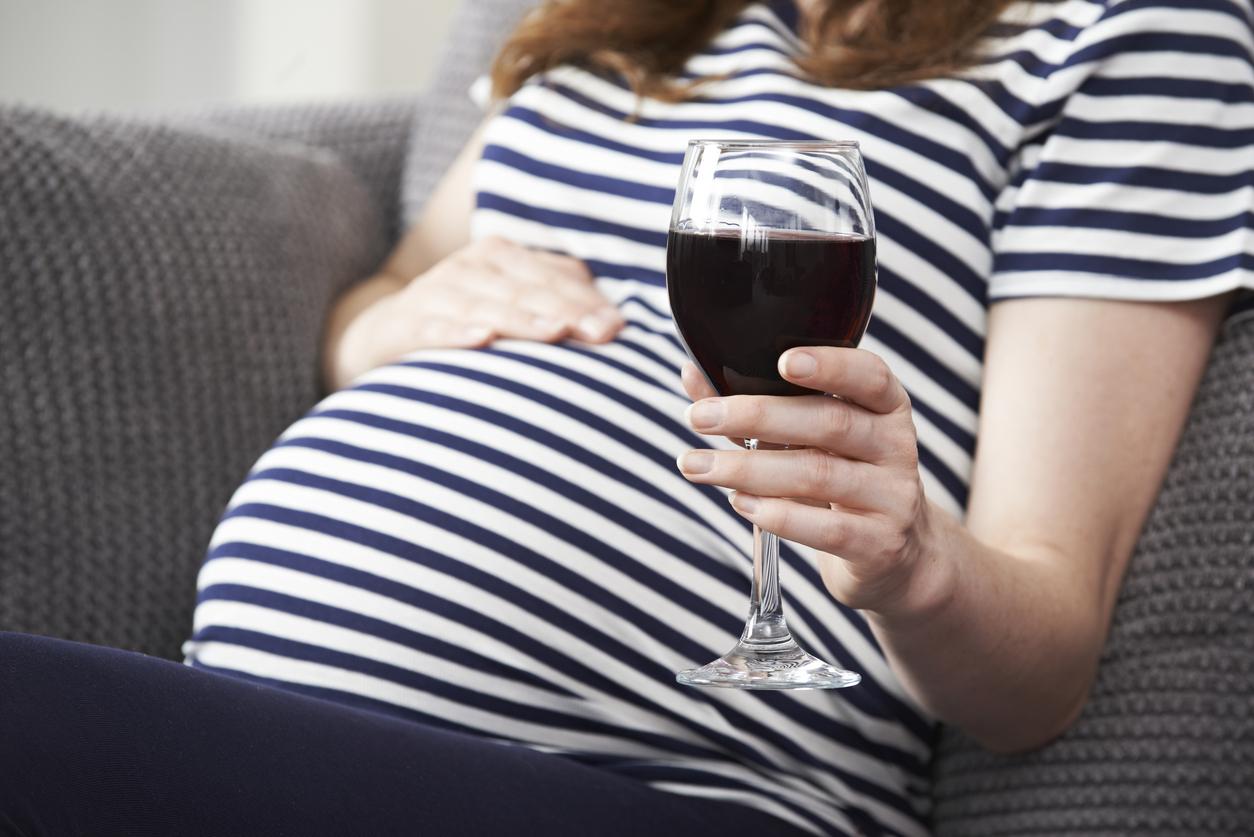Light drinking during pregnancy does not harm unborn baby, study suggests
'The findings should caution us not to create a situation where mothers-to-be are made more anxious, or subject to unnecessary moral judgement, on the issue of very light alcohol consumption'

Experts have welcomed a new study which suggests that drinking small amounts of alcohol during pregnancy is not harmful to the unborn baby.
The findings of the study appear to contradict current government guidelines that pregnant women should abstain from alcohol altogether.
Up until last year, pregnant women were advised they could safely drink up to one or two units, once or twice a week.
Some experts believe the new total abstinence guidelines are based on “generally weak” evidence and that women should be warned of any potential risks and then left to make up their own mind without being made to feel guilty if they have one or two drinks a week.
Researchers found very little evidence that light drinking in pregnancy causes harm to babies, including birth defects, developmental delay, behavioural problems and impaired intelligence.
But they cautioned that a lack of evidence should not give women the green light to start drinking and they would still recommended pregnant women do not consume alcohol as a “precautionary” measure.
Official NHS guidance from the chief medical officers for the UK published last year said expectant mothers should not drink at all because “experts are still unsure exactly how much – if any – alcohol is completely safe for you to have while you’re pregnant”.
It adds: “Drinking in pregnancy can lead to long-term harm to the baby, with the more you drink, the greater the risk.”
The new research review, published by BMJ Open, was undertaken by experts from the Medical Research Council’s Integrative Epidemiology Unit at the University of Bristol, the University’s School of Social and Community Medicine, and University Hospitals Bristol NHS Foundation Trust.
They examined existing research on the effects of light drinking in pregnancy, which is defined as up to four units a week.
One unit is equivalent to half a pint of beer, lager or cider at 3.5 per cent strength, a single measure of spirits or half a standard (175ml) glass of wine at 11.5 per cent strength.
The study found that drinking up to four units a week while pregnant, on average, was associated with an eight per cent higher risk of giving birth to a slightly smaller baby compared with drinking no alcohol at all – although the babies were only two to 14 per cent smaller.
The researchers also cautioned that correlation does not mean causation.
There was also a potential risk linked to premature birth, although this was less clear.
Very few of the existing 26 studies had compared light to non-drinkers, and there was a distinct lack of evidence on most other outcomes for the baby, including development, behaviour, cognitive impairment, greater problems in pregnancy or a more complicated delivery.
The researchers said there was insufficient data to “make robust conclusions”, adding that evidence on the effects of light drinking was “sparse”.
They called for more research on light drinking in pregnancy, including the possible benefits of light alcohol consumption versus abstinence.
But they added: “However, describing the paucity of current research and explaining that ‘absence of evidence is not evidence of absence’, appears warranted.”
David Spiegelhalter, professor for the public understanding of risk at University of Cambridge, said: “This valuable and humane study has shown that warnings about the dangers of drinking any alcohol at all during pregnancy are not justified by evidence.
“A precautionary approach is still reasonable, but with luck this should dispel any guilt and anxiety felt by women who have an occasional glass of wine while they are pregnant.”
Dr Christoph Lees, clinical reader in obstetrics at Imperial College London, said: “This meta-analysis of light drinking in pregnancy points to the generally weak evidence on which government advice is based.
“Whilst it is possible that light drinking is associated with a slightly higher risk of having a small baby, there are other possible explanations.
“It will be an important challenge for those responsible for public health messages to convey nuanced advice that explains how robust or otherwise the evidence is.”
Andrew Shennan, professor of obstetrics at King’s College London, said: “The association of alcohol in excess with adverse outcomes is well established, including in pregnancy.
“It has been difficult to associate low levels of alcohol intake in pregnancy and harm, and this work confirms this.
“In spite of this, recommendations have changed.
“Women should be informed of the facts rather than recommendations of absolute abstinence.”
A spokesperson for the British Pregnancy Advisory Service (BPAS) said: “This study confirms what is already known – that there is little evidence to show light drinking in pregnancy causes harm to the developing foetus.
“Guidance from the chief medical officer advises women to avoid alcohol completely during pregnancy, but women should have the right to know the paucity of evidence to support this position.
“What seems to lie at the heart of public messages addressing alcohol in pregnancy is whether women can be trusted to understand the existing evidence, and whether they are able to recognise the difference between light and heavy drinking.
“We believe women should have access to high quality, evidence-based information on matters relating to pregnancy, are capable of making the choices that are right for them, and should be trusted to do so.”
Dr James Nicholls, director of research and policy development at Alcohol Research UK, said: “The study authors agree with the Chief Medical Officers’ precautionary approach on the basis that the evidence is still limited.
“However, the findings should also caution us not to create a situation where mothers-to-be are made more anxious, or subject to unnecessary moral judgement, on the issue of very light alcohol consumption.”
Press Association
Join our commenting forum
Join thought-provoking conversations, follow other Independent readers and see their replies
Comments
Bookmark popover
Removed from bookmarks